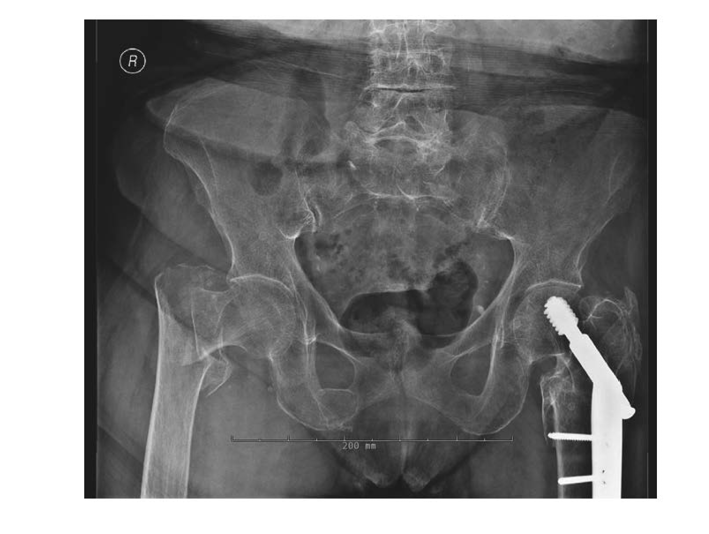

In nursing homes, femur fractures can also result from physical abuse or improper care, such as staff improperly lifting residents into beds and wheelchairs.įamilies choose nursing home care when their loved one is unsafe living alone. However, such studies use different methods and published rehabilitation protocols address varying aspects that do not always overlap. Unfortunately, only half of those with acute major depression received treatment. Many studies have shown that proper rehabilitation after hip fracture surgery can shorten hospital stays and improve clinical outcomes. In another study of 97 nursing home residents, 47.4 percent actively suffered from depression or had a diagnosis on record. A study showed that approximately one in five nursing home residents had some form of malnutrition, often stemming at least partially from inadequate care. Neglect also leaves nursing home residents at higher risk of depression and malnutrition, both of which increase fall risk. These might include taking vitamin D supplements, getting screened and possibly treated for osteoporosis, and reviewing any medicines that might make them sleepy or dizzy.Nursing home neglect leaves many residents without the supervision they need to navigate their world safely-something families expect as the bare minimum. To help prevent hip fractures, the CDC recommends that older adults ask their doctor or health-care provider to evaluate their risk for falling and talk with them about preventive measures. Its important to follow your doctors instructions about when you. More than 95 percent of seniors’ hip fractures are caused by falls, and three out of four hip fractures happen to women, the CDC reports. A fracture of the femur typically takes three to six months to heal completely.

This puts the hip bone at risk for fracture. Bone mass decreases with age, contributing to osteoporosis, a condition characterized by weak and brittle bones. It may be longer if the fracture was open or broken into several. What does treatment involve A broken hip usually needs an operation to fix or replace the top of the thighbone. If your general health is poor when you break your hip, it may take longer for you to recover after surgery and return to living independently. Patients will also likely face “an intense rehabilitation process, which may be associated with increased pain and potential complications,” she added.Ĭarney said older adults are at greater risk of a hip fracture because of gait disturbances, muscle weakness, and bone mass loss. Femoral shaft fractures take 3 to 6 months to completely heal. Recovering from a broken hip If youve broken your hip, it should heal as normal. “It is important to try to understand a patient’s long-term care goals, such as whether or not the patient can or is able to undergo surgery,” Carney said. She called the study “important because it has the potential to educate patients and families about the realistic outcomes of a hip fracture in older adults. Maria Torroella Carney is chief of geriatric and palliative medicine at Northwell Health in New Hyde Park, N.Y. However, because this was an observational study, it could not prove cause-and-effect.ĭr. The findings suggest a distinctly lower recovery rate than previous studies, the researchers said. “Some move into assisted-living and some move from a skilled nursing facility into a nursing home.” “From my clinical experience, I see that those that do not recover back to living independently need more support at home with bathing, dressing, ambulating, etcetera,” said Tang.


 0 kommentar(er)
0 kommentar(er)
